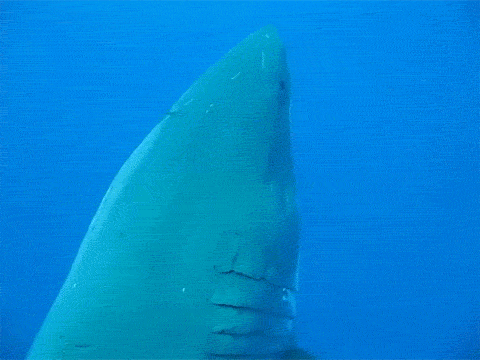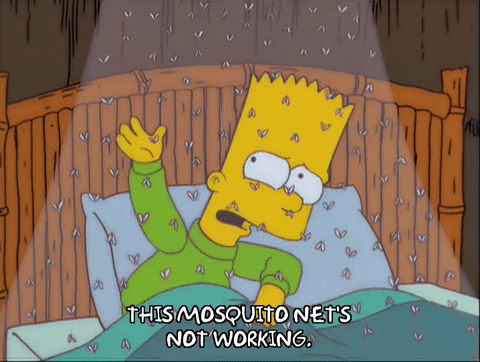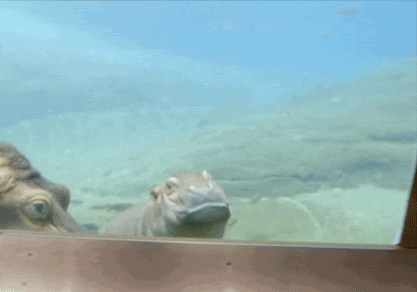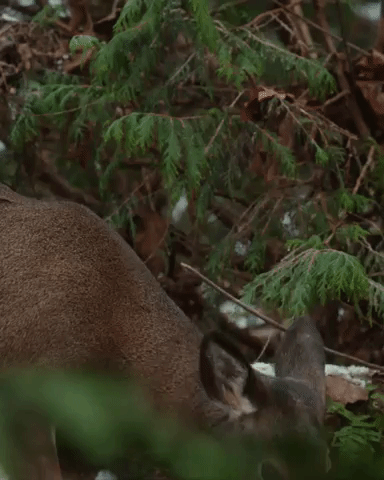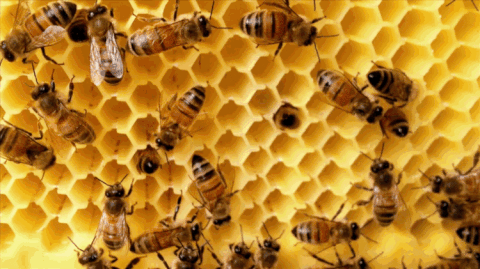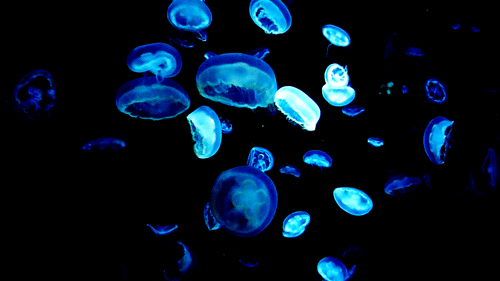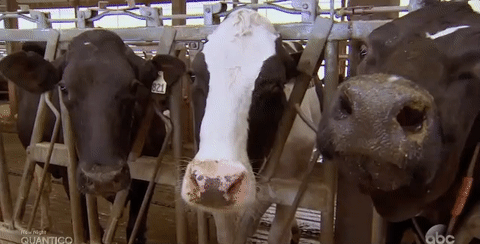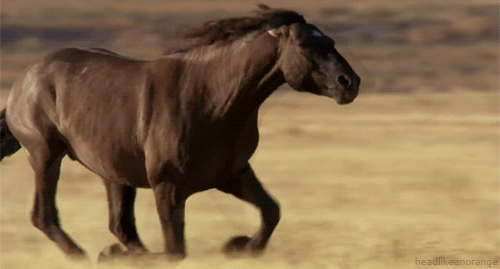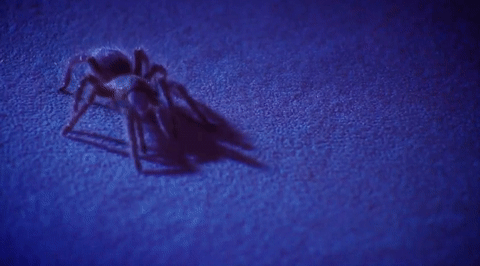Growing up, my family and I have always watched "Shark Week" on Discovery Channel. This is what originally sparked my interest and fascination with sharks. They've always been both beautiful and majestic creatures to me.
However, like many other things in society, sharks too get a bad reputation and stigma. When people hear the word 'shark' they automatically think 'monster' or 'danger.' But this couldn't be further than the truth. Sharks are actually shy and curious animals that can be compared to playful puppies. Sure, they have many scary teeth and might appear to take on a monstrous persona on the outside. However, there is no real reason to be afraid of sharks.
People's fear of sharks is derived from society. Examples include movies like "Jaws" or the more recent "47 Meters Down", which depict sharks as the predators and humans as the prey. Then, there's the news reports of shark sightings in the summer that scare everyone, even though it is so rare to be attacked, never mind killed by a shark. According to Mother Nature Network, these are 10 animals that are more likely to kill you than sharks, and in turn cause more deaths than sharks every year include.
1. Mosquitoes
Approximately 655,000 people are killed each year by mosquitoes.
2. Hippos
Approximately 2,900 people are killed by hippos each year.
3.Deer
In the U.S. about 130 people are killed by deer every year.
4. Bees
When it comes to bees, about 478 people are killed by bees due to being allergic and being stung every year.
5. Dogs
Around 272 people are killed by dogs each year.
6. Ants
Even ants, are more likely to kill you than sharks. But who talks about the monstrous ants? Approximately, 20-50 people each year are killed by ants.
7. Jellyfish
Approximately 40 people a year get killed by jellyfish.
8. Cows
About 22 people just in the U.S. are killed by cows.
9. Horses
Approximately 20 people each year are killed by horses.
10. Spiders
Then, there's spiders. About 6 people each year die from spiders. That's still more deaths a year than sharks.
Less than one person a year is known to get killed by a shark. It's very rare. However, people don't generally have a fear for animals on this list, such as ants or cows. But they do have a fear for sharks. I believe, instead of fearing sharks and assuming the worst about these beautiful creatures, people should educate themselves more about the true nature of sharks. For instance, did you know that sharks are going extinct as we speak? While people are afraid of sharks, sharks should really be afraid of humans, since they are the real victims here. More and more sharks are getting killed by humans. One of the main threats to sharks include shark "finning". Shark "finning" refers to the removing of sharks' fins, which frequently occurs when sharks are still alive. With that, the sharks are often thrown back into the ocean without their fins. This results in sharks suffering by either starving to death, being eaten, or drowning without the help of their fins to swim. It's reported that approximately 100 to 200 million sharks are killed a year, purely for the usage of their fins. This is very problematic since sharks play a major role to the importance to the environment of the ocean.
Altogether, sharks are animals we should focus on saving, rather than fearing. There are many ways you can contribute to help saving sharks. These ways include spreading the word! You can help by simply spreading awareness to your friends, family, etc. about how sharks will be extinct if humans don't stop killing them. Along with that, you can help by choosing to not consume shark. This includes the popular dish of shark fin soup. With that, you can go as far as boycotting restaurants that serve shark fin soup as one of their dishes.
You can learn more about this at websites such as: https://act.oceana.org/page/7018/petition/1?ea.tra... , which is where you can also sign the petition to tell Congress to ban the trade of shark fins in the United States. All in all, I hope this helps you to see sharks for what they really are: beautiful, curious, and shy animals, and not the monstrous predators that they are depicted to be. They need our help and they deserve for us to give it to them.


